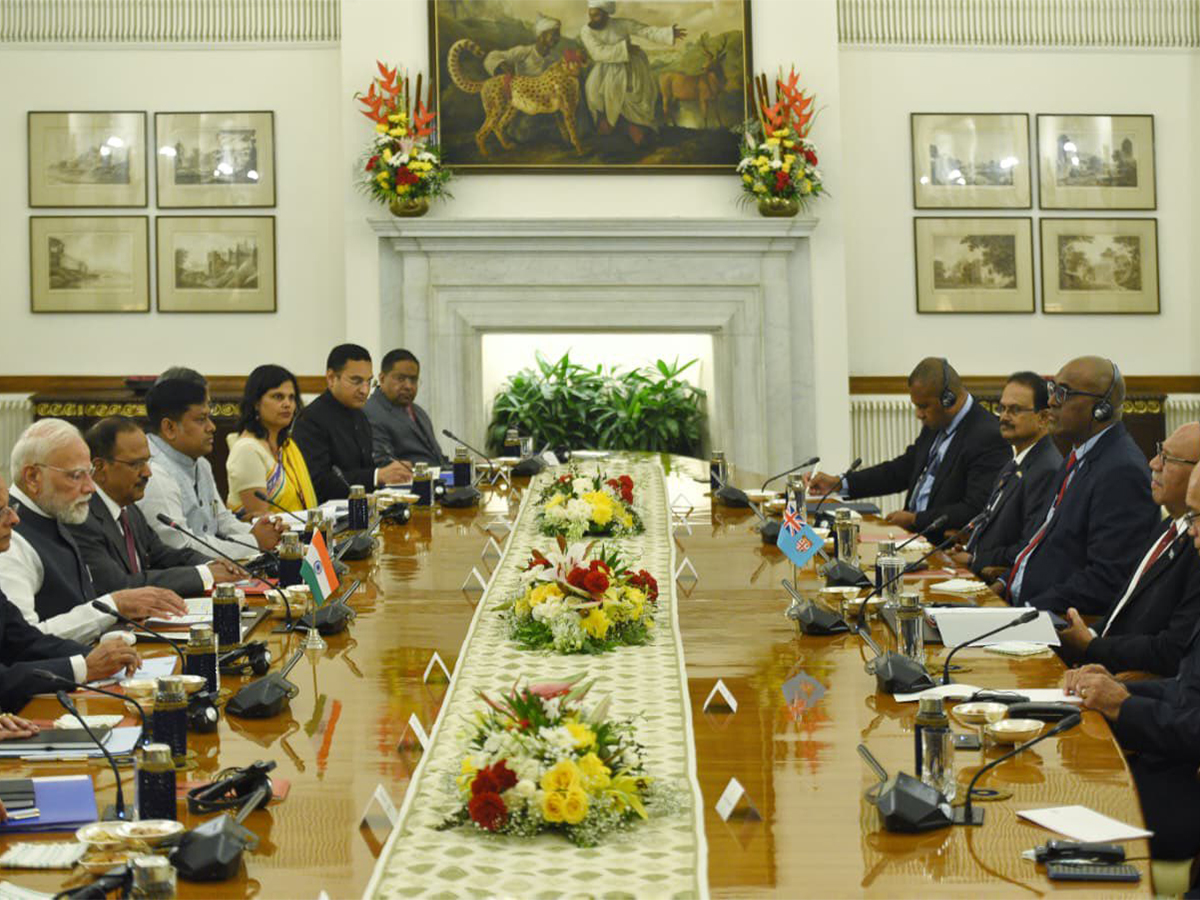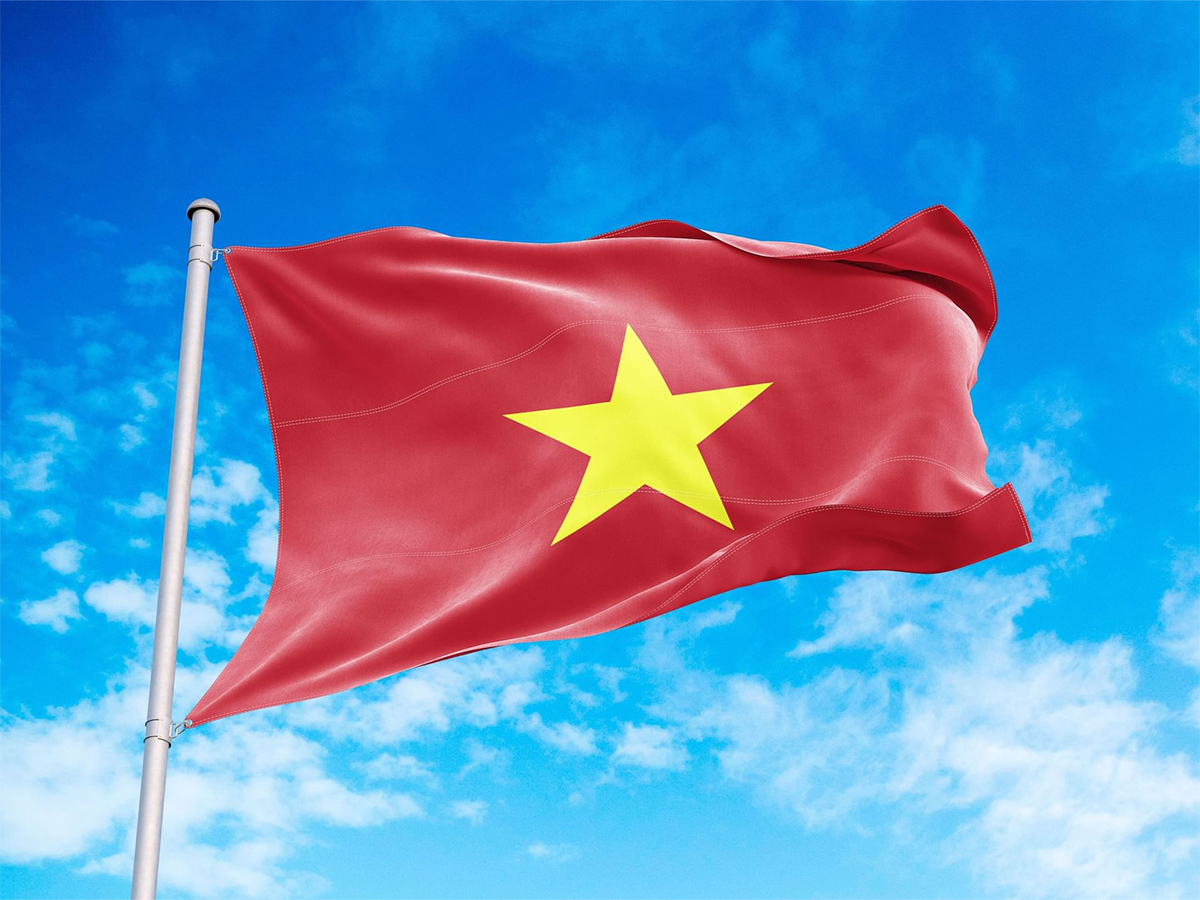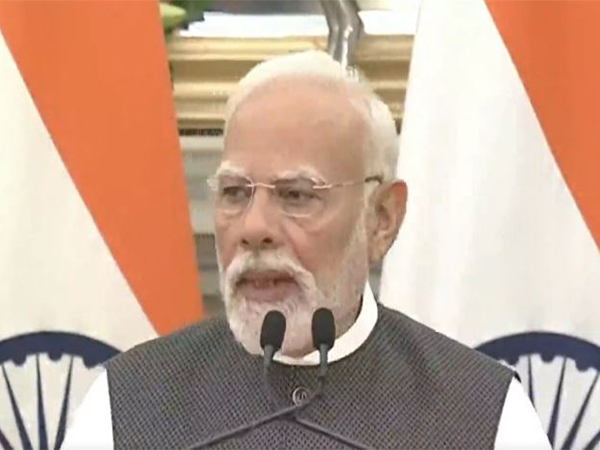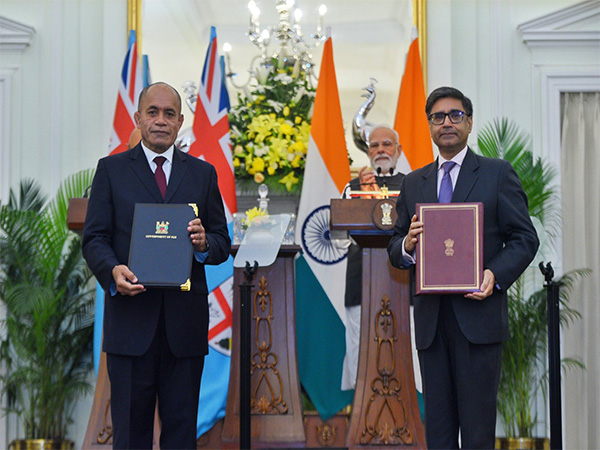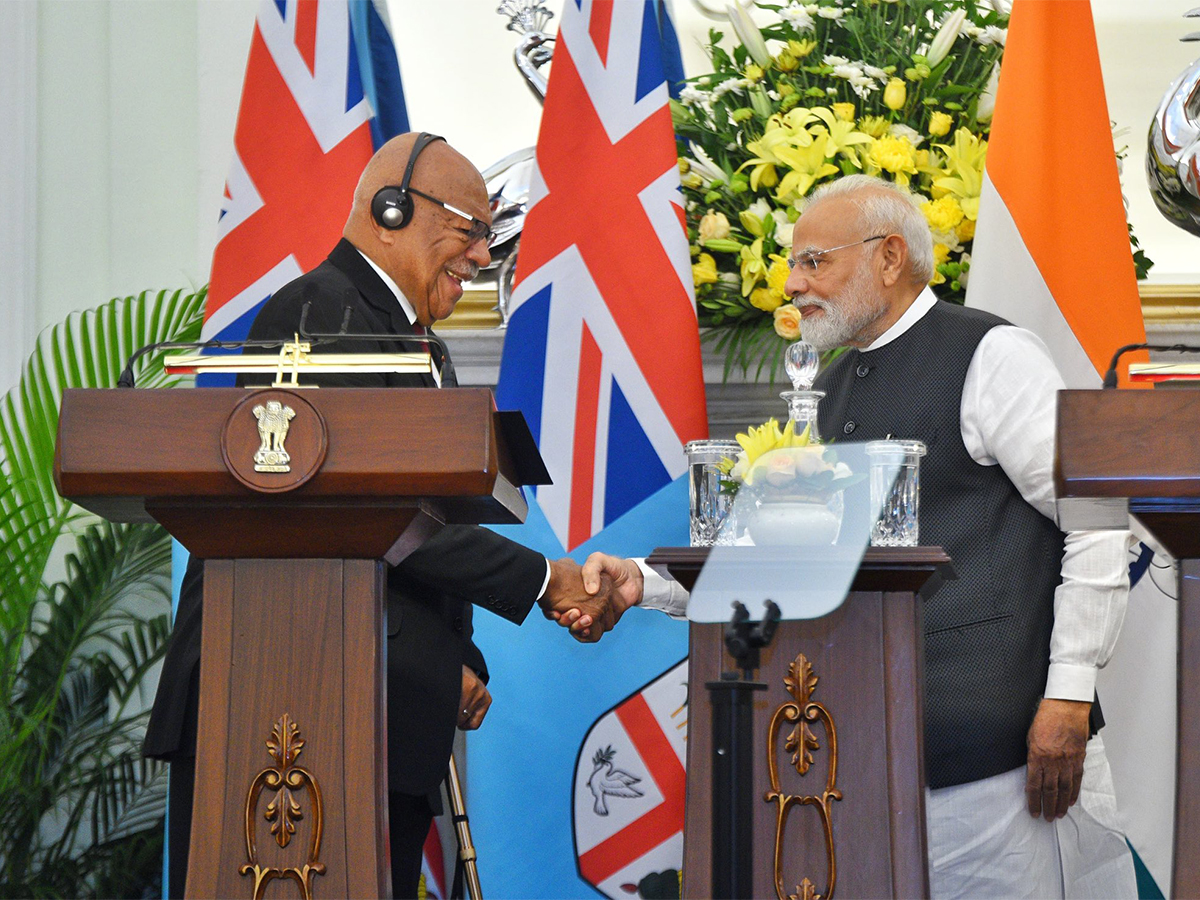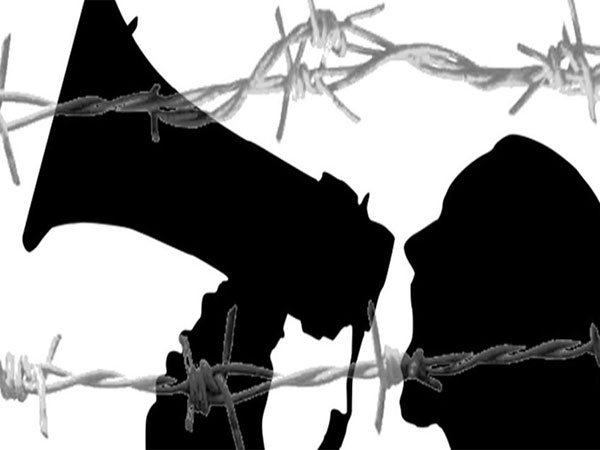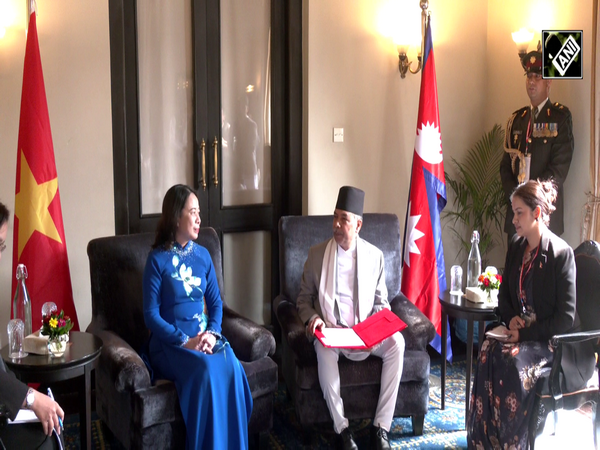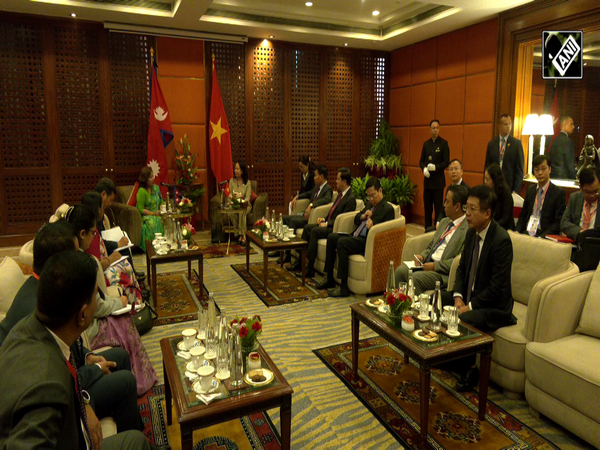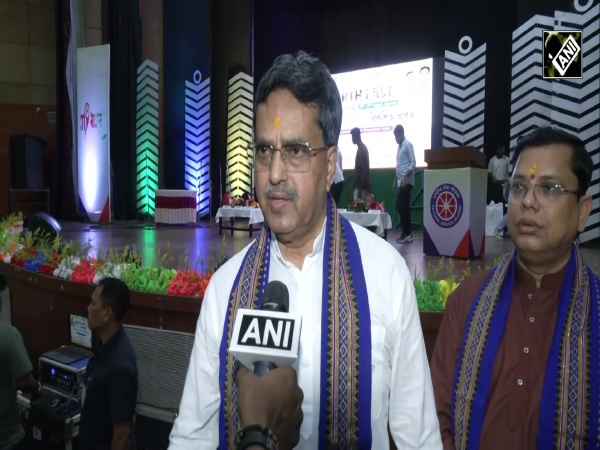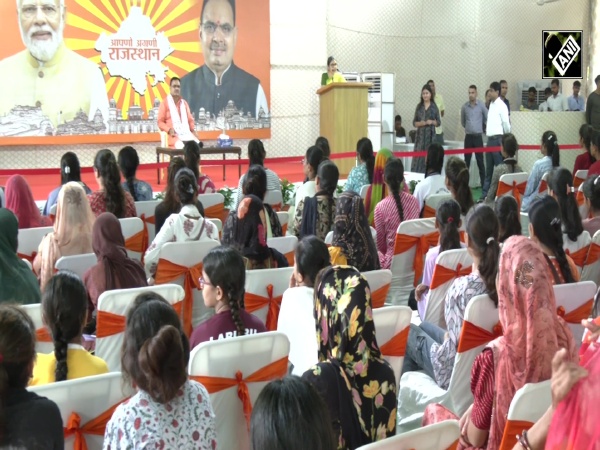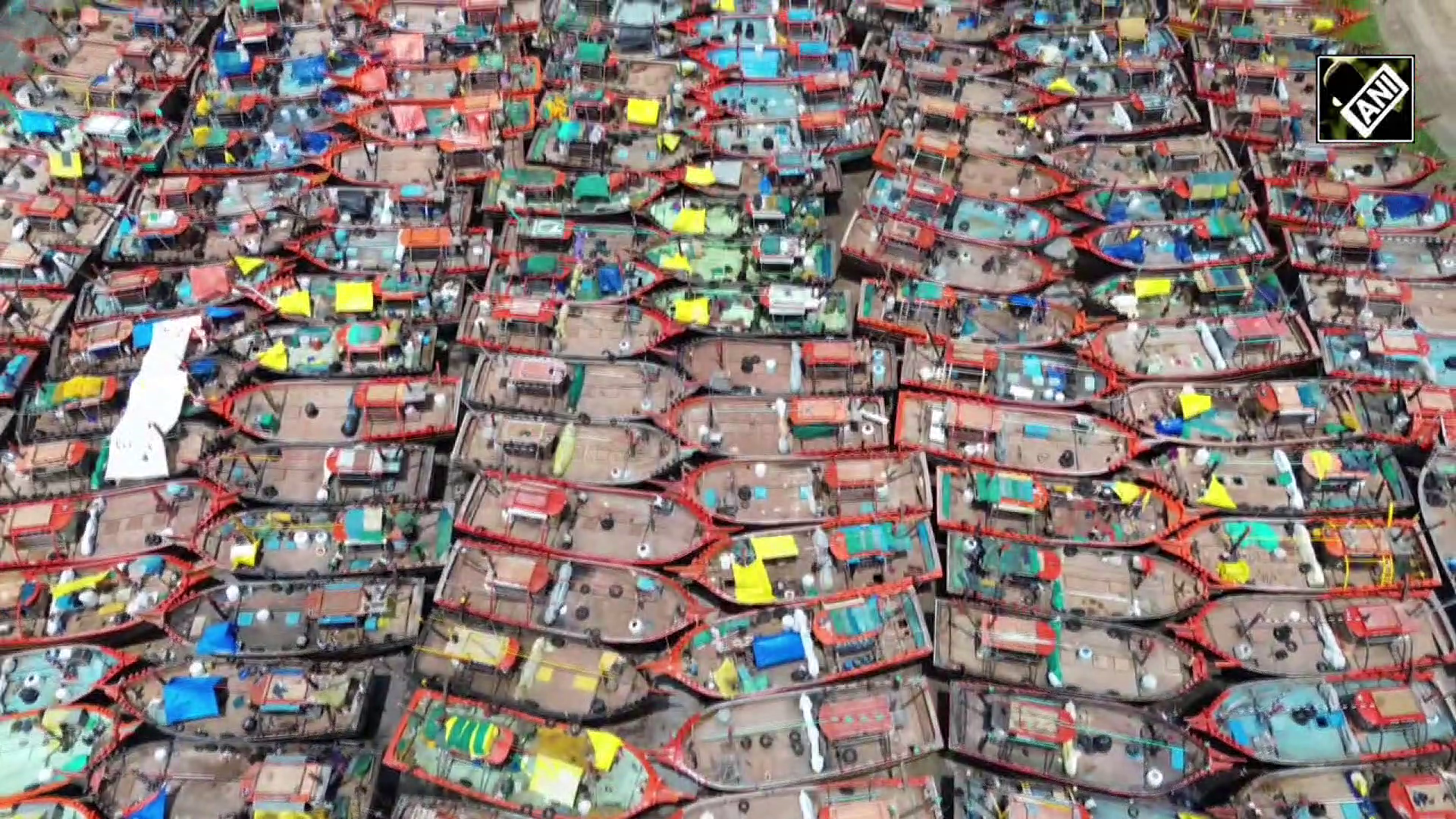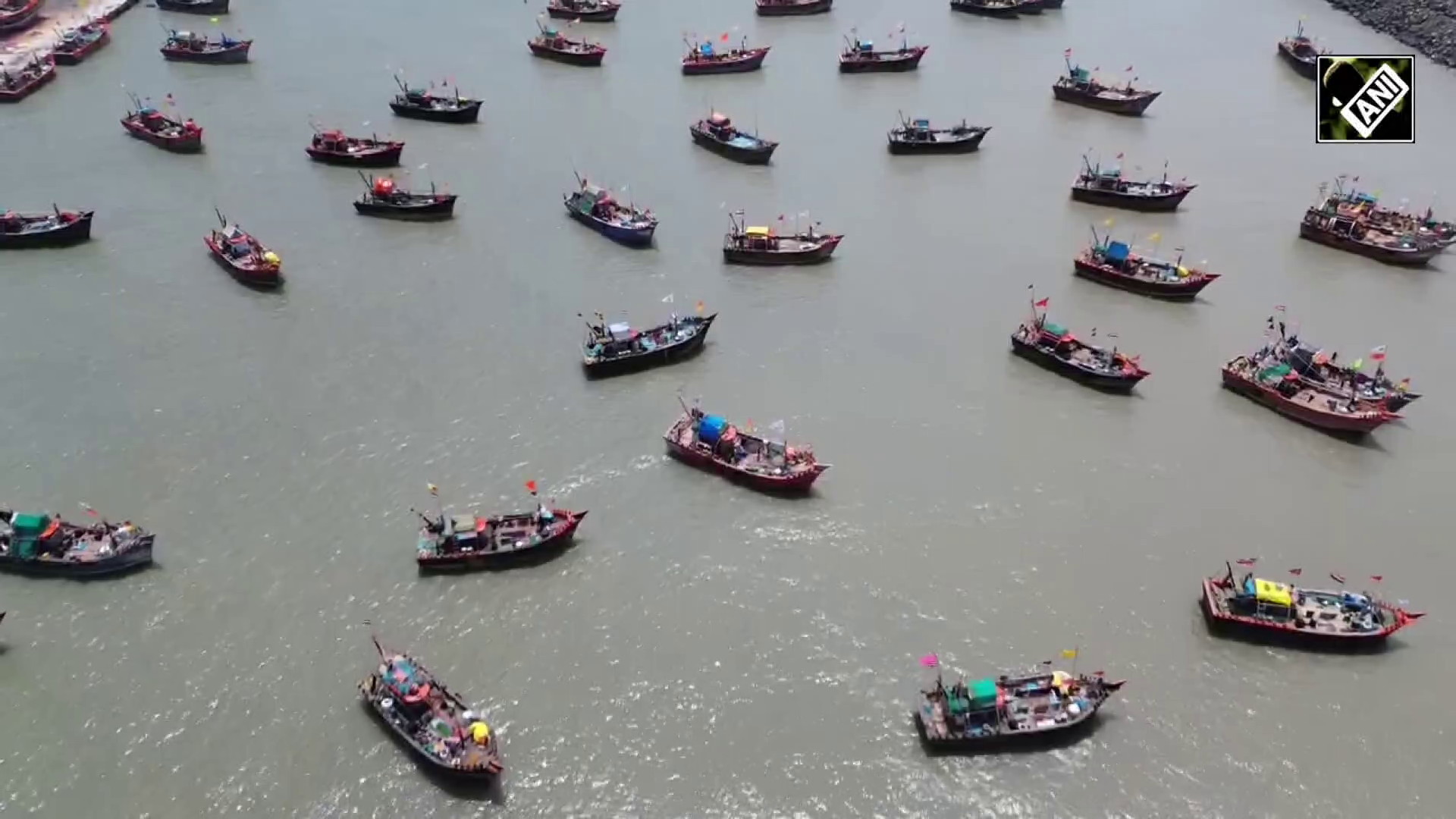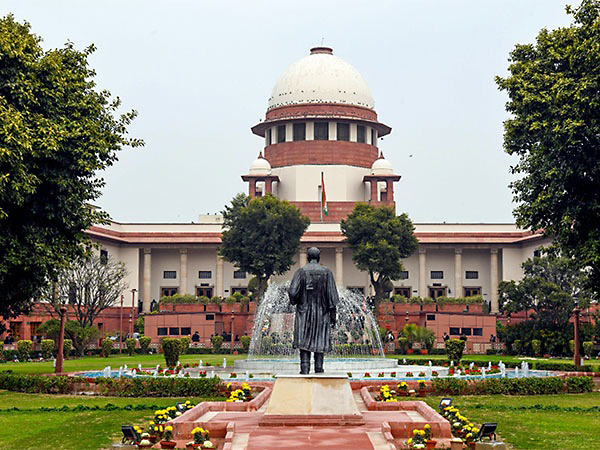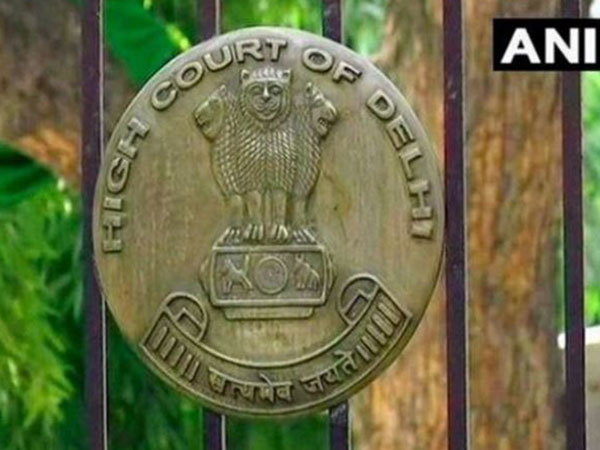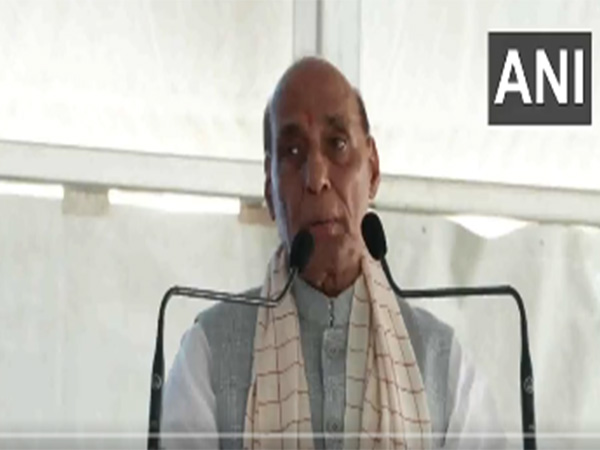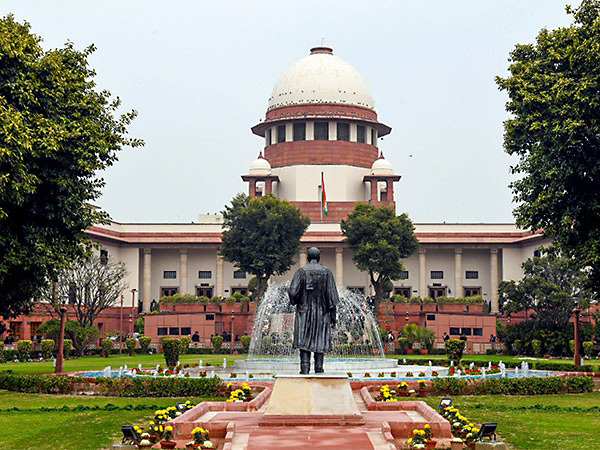
China irks NZ as its influence spreads in the South Pacific
Jun 23, 2025
Hong Kong, June 23 : The Pacific Islands are considered a point of vulnerability for Chinese encroachment and influence peddling, and the Cook Islands is following in the footsteps of Vanuatu and Solomon Islands in signing strategic deals with Beijing.
In February, when Cook Islands Prime Minister Mark Brown visited Beijing, the country signed four agreements. The most important was the Action Plan for the Comprehensive Strategic Partnership 2025-2030. Three other agreements served a supporting role, these covering the blue economy, seabed minerals and economic/technical cooperation.
At the same time, China promised aid worth RMB20 million for yet-to-be-determined development projects. The Cook Islands government said at the time, "These agreements reflect the Cook Islands' ongoing commitment to fostering international partnerships that support national development and regional resilience."
Yet Chinese efforts to extend its Belt and Road Initiative, through such transport and telecommunication networks, are more than altruistic projects, for they deepen China's foothold in the Pacific and create longer-term dependencies.
In response, the New Zealand government in June decided to withhold NZD18.2 million in aid to the Cook Islands. Foreign Affairs Minister Winston Peters said this was because of the Cooks' failure to keep Wellington informed of its agreement with China. New Zealand was miffed at the lack of consultation, even though the Cook Islands is a self-governing territory in free association with New Zealand. That means the latter is responsible for its defense, for example.
However, there are fears that New Zealand's move could backfire. Dr. Anna Powles, Associate Professor in Defence and Security Studies at Massey University in New Zealand, told RNZ Pacific: "As a diplomatic strategy it is unclear what Wellington is trying to achieve by pausing funding to Cook Islands as a consequence of Cook Islands signing the deal with China this year." She said such a move is "arguably quite shortsighted".
Brown has previously made clear that he aspires to independence from New Zealand, and he sees deep-sea mining as a vehicle for achieving that. Powles pointed out, "Aid should not be a bargaining chip," but she added that some agreements with Beijing might "potentially cut across Cook Islands national security interests, and, by extension, New Zealand national security interests".
Powles warned that Wellington's action "opens the door for increased Chinese engagement with the Cook Islands and with other countries in the Pacific, by being able to point to this type of behavior of New Zealand, using aid as a development assistance as a bargaining chip, and by Beijing being able to tell its partners in the region, 'We would never do that, and certainly we would never seek to leverage our relationships in this way.'"
China is eager to challenge Australia and New Zealand's historical influence in the South Pacific. As Dr. James Chin, Professor of Asian Studies at the University of Tasmania, explained, "As Chinese investments offer financial gains for the Cook Islands, they also risk creating long-term dependencies that could shift its political orientation. Australia and New Zealand face difficulties in countering China's presence due to domestic challenges and outdated engagement strategies."
Pacific Island nations like the Cook Islands represent an infinitesimal market for Chinese consumer goods, and they possess extremely limited resources apart from fisheries. What is it, then, that Beijing is trying to achieve by peddling influence in the Pacific?
A 2023 report by the Australian Strategic Policy Institute (ASPI), authored by Blake Johnson and Joshua Dunne, warned, "The Chinese Communist Party (CCP) wants to create a Pacific region that wholly supports the 'One China' policy and reflexively defers to China as a global power when Pacific Island countries make economic, diplomatic and security decisions."
The authors continued: "The CCP also wants to foster global acceptance of norms that favor its authoritarian system and actions at the expense of current democratic norms and partnerships. As part of the CCP's broader influence efforts in the Pacific, information operations threaten to undermine democracy by altering the ability of citizens to access verified and trustworthy information, amplifying polarization of communities and beliefs, and denting public trust in elections, governments and foreign partners."
China has enjoyed considerable success in Solomon Islands already, wooing public opinion and capturing the hearts and minds of elites using organizations like the Solomon Islands-China Friendship Association. Solomon Islands Prime Minister Manasseh Sogavare signed a security agreement with China back in 2022, shocking regional players.
Johnson and Dunne also wrote in their ASPI study: "Effective CCP information operations would be likely to create an environment that's more accepting or even encouraging of deeper engagement with China, reducing the impact of the population as a source of resilience against potentially unhelpful or unwarranted offers of assistance, such as Beijing's proposed region-wide security agreement. If, over time, more of the population fail to reject baseless lies that have been pushed by CCP party-state media, such as accusations that Australia and the US instigated the Honiara riots in 2021, partnerships with and trust in other democratic countries are also at risk of deteriorating, which can reduce the development benefits provided to Pacific Island countries by Western partners."
Already, Australasia is struggling to counter Chinese influence in its own backyard. Chin of the University of Tasmania pointed out: "Partnerships with China may provide immediate financial benefits for the Cook Islands, but also create dependencies that could subvert local sovereignty and decision-making abilities. As China enhances its influence through economic entanglement, the Cook Islands could find itself caught in a web of obligations that increasingly align its interests with those of Beijing rather than its traditional allies, changing the geostrategic balance in the region."
Of course, some Pacific islanders, perhaps sick of colonial attitudes, believe they should not put all their baskets in Western or Australasian baskets, especially as China rises. However, there is a very real risk of leaders succumbing to Chinese money and incentives.
In his Cook Islands parliament, Brown criticized Wellington's move, labeling it "patronizing" and "inconsistent with modern partnership". Their shared 2001 Joint Centenary Declaration requires the two nations to consult each other on defense and security, but Brown argued that his nation can enter international agreements in its own right.
Chin cautioned, "As China deepens its relationships across the Pacific, Australia and New Zealand's roles risk becoming reactive rather than proactive. Power dynamics will inevitably shift, as smaller nations leverage their relationships with multiple significant players to garner benefits. China's rising influence can serve as a bargaining chip for the Cook Islands in negotiations with Australia and New Zealand, diminishing traditional power hierarchies."
The public spat with the Cook Islands came precisely as New Zealand Prime Minister Christopher Luxon was in Beijing on a state visit. China's Foreign Ministry said its cooperation with the Cook Islands "should not be disrupted or restrained by any third party". It added, "For New Zealand, it is important to see the broader picture and ensure that its choices align with the prevailing trend of history."
Once upon a time, nobody doubted that the Pacific Islands would support the West if it came to a crunch. Instead, China routinely now has countries backing its talking points at august bodies like the United Nations, including Kiribati, Papua New Guinea, Solomon Island and Kiribati. When China gives aid money, it usually expects something in return, such as support for its position on the South China Sea or its treatment of Uyghurs.
Beijing has definitely boosted investment in the Pacific, enhanced its diplomatic engagement and increased its outreach through avenues such as aid and donations. It has funneled money into schools, hospitals and infrastructure across the region. Nowadays, China is the largest trading partner for the Pacific Islands as a whole.
Beijing has deliberately picked off individual support for Taiwan too, with Solomon Islands and Kiribati switching their allegiances to Beijing in 2019. Just four Pacific states continue to recognize Taiwan - the Marshall Islands, Nauru, Palau and Tuvalu.
There is obviously concern over China's foot in the door. The USA announced its Pacific Pledge policy, the UK its Pacific Uplift, Australia the Pacific Step Up, New Zealand the Pacific Resilience, and Indonesia has the Pacific Elevation. Furthermore, Australia, Japan and the UK have opened more than ten embassies in the region since 2018.
Their concerns boil down to three factors. Firstly, there is worry about China's growing influence; secondly, a fear that they themselves are losing relevance as the Pacific's traditional partners; and alarm at the foreign policy choices of Pacific states.
China is busily performing undersea exploration and research too, with data gleaned vital for submarine use and mineral exploitation. China's navy wants to operate submarines in seas beyond the First Island Chain, so information about the seafloor and underwater environment is critical to it. Chinese oceanographic research vessels are traversing all across the Indo-Pacific to collect such data.
A wake-up call came for Australasia when the People's Liberation Army Navy (PLAN) sent a task force through the Tasman Sea and around the bottom of Australia in February-March. Beijing proved that its naval vessels can loiter in southern waters, even without nearby bases. Regardless, there is growing concern that China will eventually enjoy naval access to South Pacific ports. The Tasman Sea is not used to having "hostile" foreign naval vessels passing through, but it is clear that the PLAN will range widely and more frequently across the Pacific.
Professor David Capie, Director of the Centre for Strategic Studies at Victoria University, said New Zealand will witness more such activities in the future. He told ANI: "Just by virtue of the scale of the navy they've built and their intentions to play a broader role in the Indo-Pacific, I just don't think there's any doubt that we're going to see this more often."
He said both Australia and New Zealand need to boost their defense capabilities. The naval woes of both are well attested, including the Royal Australian Navy declining to its lowest number of surface combatants since WWII. However, the Royal New Zealand Navy is in an even more parlous state since it allowed its naval capability to atrophy. After dipping below a core threshold of capability, it will be incredibly difficult for New Zealand to improve its naval situation.
What this PLAN task group deep in the Pacific taught is that Australia and New Zealand need to think hard about defense investment. China is a global power and its blue-water navy will increasingly foray into far-flung corners of the world, including through the Pacific. Australasia cannot hide behind the illusory safety of geographic isolation any longer.
Conversely, Beijing is alarmed that New Zealand is contemplating joining AUKUS Pillar 2, with Australia's AUKUS quest for nuclear-powered submarines already a real sore point for Beijing. New Zealand is a member of the Five Eyes intelligence-sharing network, but it is something of a laughing stock because of the poor state of its military thanks to chronic underinvestment.
Another regional cause for concern about Chinese intentions was New Caledonia's civil unrest that broke out in May 2024. In a separate report for ASPI, published late last year, the Kiwi academic Professor Anne-Marie Brady noted, "The CCP has engaged in a range of foreign interference activities in New Caledonia, targeting political and economic elites, and attempting to utilize the ethnic Chinese diaspora and PRC companies as tools of CCP interests. Local elites have at times actively courted China's assistance, willingly working with CCP front organizations."
She assessed: "The Macron government is clearly very worried by China's foreign interference activities in New Caledonia and the talk of opening the territory to other militaries. In a speech to a large crowd in Noumea during his presidential visit in July 2023, Emmanuel Macron warned, 'If independence means choosing tomorrow to have a Chinese base here or to depend on other fleets, good luck to you, that's not independence!'"
Brady warned, "China is engaging in foreign interference activities not only in New Caledonia: it also conducts similar foreign interference activities in French Polynesia and the other external territories of France, as well as France itself." The Pacific might contain only small island nations, but it is evident that China has big designs on them.
